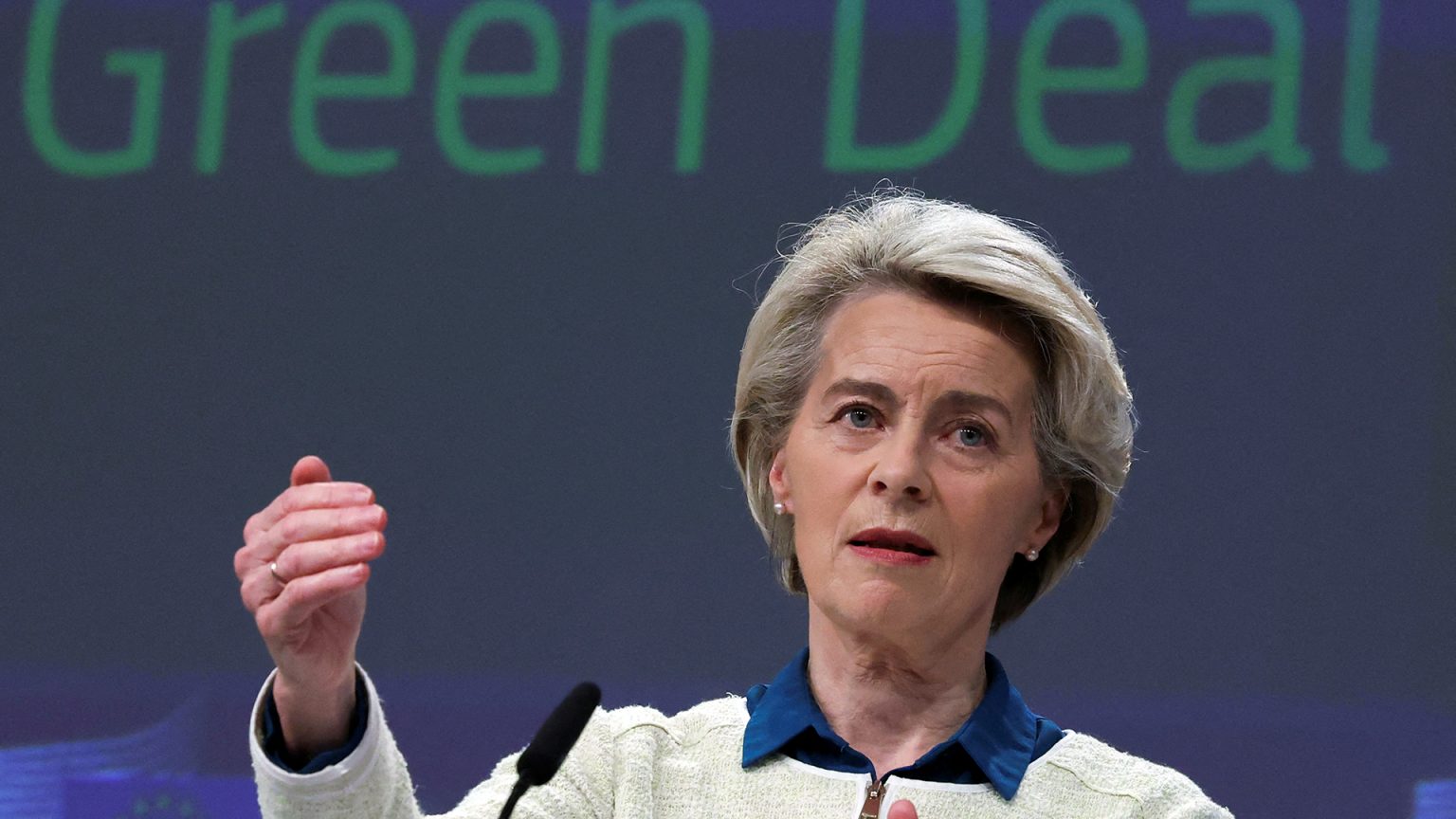The European Union’s climate policies are at a critical juncture as the makeup of the next European Parliament could impact the future of the bloc’s environmental initiatives. European Commission President Ursula von der Leyen introduced the European Green Deal in 2019, describing it as “Europe’s man on the moon moment”. However, the implementation of this ambitious plan, which requires over $1 trillion in investments annually, is now facing uncertainty as support among voters diminishes amidst an ongoing energy crisis.
The next European Commission will need to secure additional funds to support the European Green Deal, but this task may prove challenging if right-wing parties gain significant influence in the parliament following the upcoming elections. A shift in political dynamics could result in setbacks for the bloc’s climate policies and potentially lead to a reversal of key environmental measures. As the EU grapples with the impact of the energy crisis and debates over funding for sustainable initiatives, the future of the European Green Deal hangs in the balance.
In addition to the political landscape in Europe, another focal point is the power sharing arrangement in South Africa and its implications for the economy. The dynamics of power distribution in South Africa play a crucial role in shaping economic policies and driving growth in the country. As South Africa seeks to navigate through various challenges, including high unemployment rates and social inequality, the government must address key issues related to power sharing and adopt measures to promote economic stability and prosperity.
The outcome of the EU parliamentary elections and the subsequent formation of the European Commission will be instrumental in determining the direction of the bloc’s climate policies and overall environmental agenda. With the European Green Deal facing mounting challenges and reduced public support, the future of sustainable initiatives in the EU remains uncertain. The rise of right-wing parties could further complicate efforts to address climate change and implement necessary measures to combat environmental degradation.
The power sharing arrangement in South Africa provides another interesting dimension to the discussion as it sheds light on the interplay between political dynamics and economic development. The manner in which power is distributed in South Africa has far-reaching implications for the economy and influences the government’s ability to implement effective economic reforms. As South Africa grapples with pressing issues such as unemployment and inequality, the need for inclusive and sustainable economic policies becomes paramount.
In conclusion, the upcoming EU parliamentary elections and the power sharing arrangements in South Africa are pivotal factors that will shape the future of climate policies and economic development in both regions. The challenges faced by the European Green Deal and South Africa’s economic landscape underscore the complex interplay between political dynamics, environmental sustainability, and economic growth. As these regions navigate through a period of uncertainty and change, policymakers must prioritize collaborative efforts and strategic reforms to steer towards a more sustainable and prosperous future.












